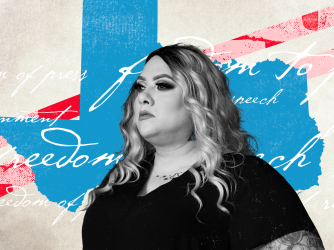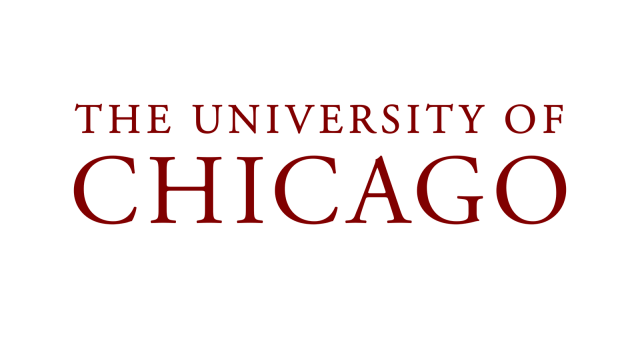Table of Contents
UChicago president: ‘Culture of free expression’ vital to the future of higher ed

University of Chicago
University of Chicago President Paul Alivisatos.
When University of Chicago President Robert Zimmer stepped down last year, FIRE noted that his successor would have big shoes to fill as a national leader in freedom of expression on campus. His successor, President Paul Alivisatos, stepped into those shoes enthusiastically on Tuesday with a powerful op-ed on the importance of maintaining a culture of free expression at the University of Chicago, calling on faculty and students to uphold one of the school’s most important founding principles during a time of “heightened political polarization.”
“Designed from the outset to foster the creation of new fields of knowledge and to offer transformational educational experiences, the University of Chicago was founded to advance the principles of academic freedom and free expression,” Alivisatos said. “Over generations, our community and our leadership have repeatedly worked to defend free expression and create the necessary structures to uphold it.”
Alivisatos went on to delineate a four-part plan to “uphold and cultivate” the culture of free expression at UChicago. It includes:
- Educating the university community about “the big questions related to free expression and its practice.”
- Practicing free expression “each and every day, in every discipline, research program, and classroom.”
- Protecting free expression “whenever there are efforts to quash it.”
- Advocating for the advancement of free expression “across academia and throughout the world.”
His message could not have come at a better time. Alivisatos is right that “free expression is in clear distress” and that an erosion of support for free expression “poses challenges to the practice of free inquiry throughout academia.” It’s happening at this very moment: FIRE’s extensive campus research shows that schools are backsliding on their commitments to free speech and students are afraid to speak their minds on campus.
Alivisatos deserves a lot of credit for staking out a clear and consistent position, because when it comes to freedom of expression, college presidents can’t lead from behind. Back in 2019, FIRE President and CEO Greg Lukianoff suggested “Five ways university presidents can prove their commitment to free speech,” all of which are reflected in Alivisatos’ vision. Among them is the directive to resist demands to censor faculty or students. Lukianoff said college presidents “must make clear that punishments based on unpopular or controversial — but protected — speech contradict the values of any university, and will not occur at their college,” and added:
Many threats to free speech on campus effectively end when campus leadership demonstrates a principled commitment to expressive rights and academic freedom publicly, loudly, and clearly at the very beginning of the controversy. Meanwhile, many censorship incidents end in ignominy when a college president fails to take a decisive stand.

Five ways university presidents can prove their commitment to free speech
News
Greg's five suggestions provide a path for presidents to prove their commitment to freedom of expression and academic freedom by leading with basic, clear, and reasonable changes.
College presidents like to say that they support free speech, but it’s better for everyone — faculty, students, administrators, and even the institution itself — when those commitments are put on paper. Alivisatos pointed to one such key moment at UChicago in 2014, when the Committee on Freedom of Expression drafted the now-famous “Chicago Statement,” a model free speech policy that reaffirms the university’s “overarching commitment to free, robust, and uninhibited debate and deliberation among all members of the University’s community.”
FIRE endorsed the statement upon its release in 2015 and launched a national — and ongoing — campaign that has resulted in nearly 100 colleges and universities adopting the statement thus far, either verbatim or in a substantially similar version. Schools that have adopted the Chicago Statement regularly do well in FIRE’s annual College Free Speech Rankings, including UChicago, which ranked at the top of our most recent survey.
In the tradition of his predecessors, by making clear his position, and that of the university, when it comes to free expression, Alivisatos sets an example for other college presidents: Don’t stay quiet about free speech on campus.
Recent Articles
FIRE’s award-winning Newsdesk covers the free speech news you need to stay informed.

Good day for freedom of expression and rule of law at Supreme Court

Pledge allegiance or else: Maryland public school forces students and teachers to salute the flag

Broad ‘friend of the court’ support pours into Supreme Court for citizen journalist Priscilla Villarreal



